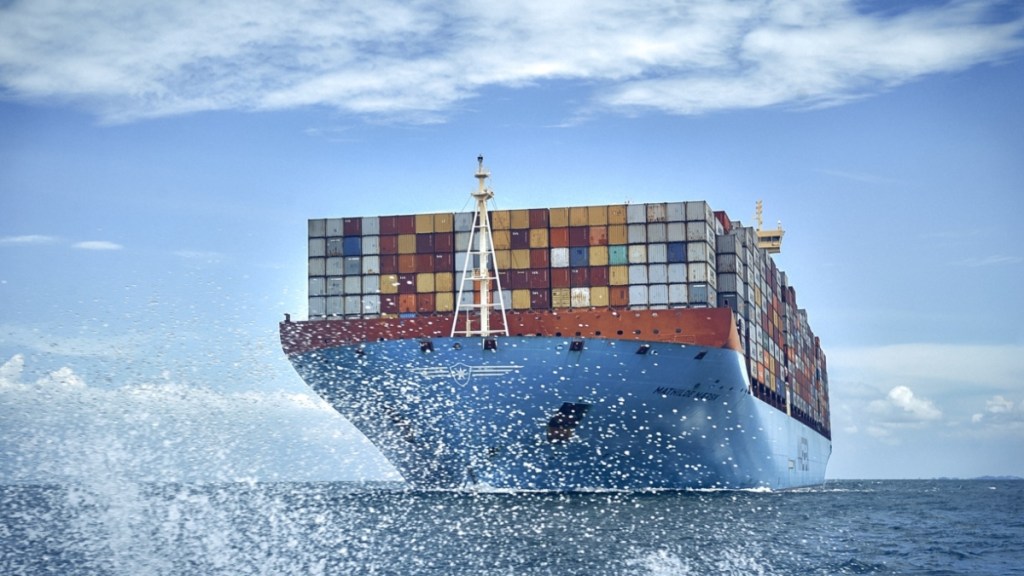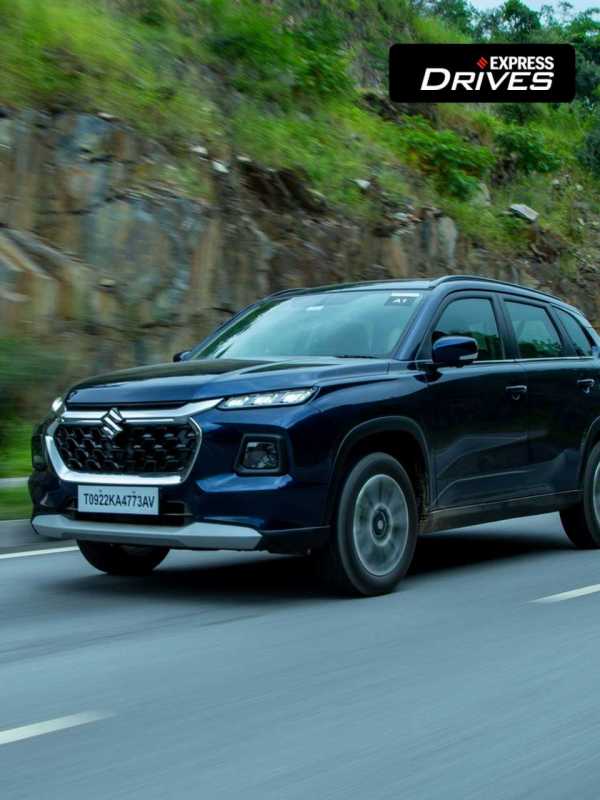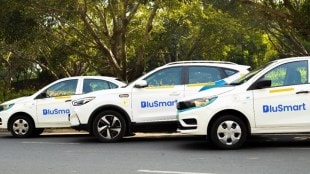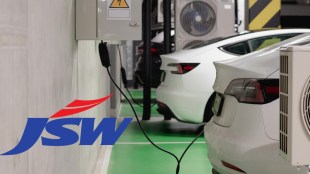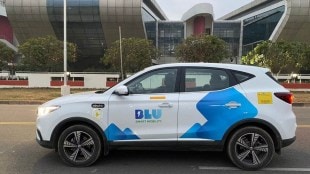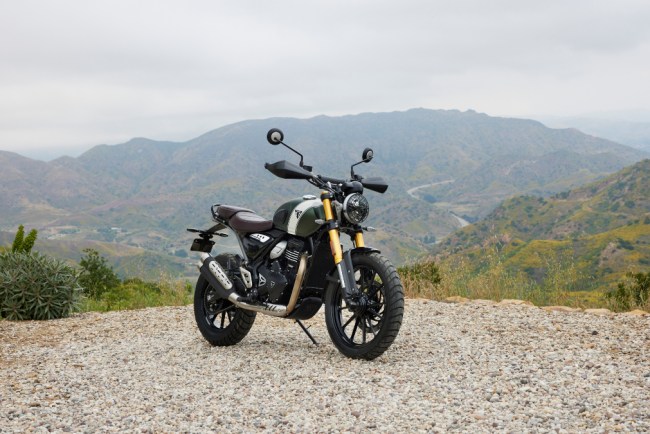Chinese-owned Swedish luxury automaker Volvo Cars has announced that every year, tens of thousands of containers of production material destined for its factories are carried across the world’s oceans on container ships. From now on, most of these seafaring journeys are made with renewable fuel instead of traditional fossil fuel.
This it claims makes it the first global car maker to announce such a switch, which will help achieve an immediate reduction in fossil CO2 emissions from intercontinental ocean freight by 55,000 tonnes over a year. Thanks to the renewable fuel, CO2 emissions are reduced by at least 84 percent compared with fossil fuel. The reduction is equivalent to the CO2 emissions of a full truck driving around the equator about 1,200 times.
The container ships use Fatty Acid Methyl Esters (FAME) fuel, which is based on renewable and sustainable sources, mainly waste cooking oil. No feedstock related to palm oil or palm oil production is used.
Volvo Cars says it will use renewable fuel for inbound ocean container transports of production material destined for manufacturing plants based in Europe and the Americas, as well as all spare parts distribution made globally by ocean container transports.
Javier Varela, COO and Deputy CEO, Volvo Cars said, “Renewable fuel is not the end game for removing CO2 from the world’s ocean freight needs. Yet this initiative shows that we can act now and implement solutions that achieve significant results during the wait for long-term technological alternatives. We don’t view this initiative as a competitive advantage. On the contrary, we want to spark other car makers into action as well, to increase demand for carbon-efficient ocean transports and to establish renewable fuels as a mid-term solution that works. We all have a responsibility to act.”
The Swedish carmaker says it has been working on this initiative together with logistics partners, Maersk, Kuehne+Nagel and DB Schenker. These logistics service providers have, from June 1, 2023, switched to renewable fuel for equivalent energy needed for all container transports done for Volvo Cars.
When renewable fuel is not available on a specific shipment, its renewable fuel allocation is instead used by the logistics partner for another customer’s route elsewhere, so the overall cut in fossil fuel use is kept on par with actual use in container vessels. The methodology, called mass-balancing, is third-party audited regularly. The renewable fuel itself is certified and not produced in competition with food crops. It is therefore sustainable in accordance with the EU Renewable Energy Directive.
Volvo Cars has outlined its ambition to reduce its lifecycle carbon footprint per car by 40 percent between 2018 and 2025, which requires a 25 percent reduction in operational emissions, including logistics. It also targets to achieve climate-neutral manufacturing by 2025.

